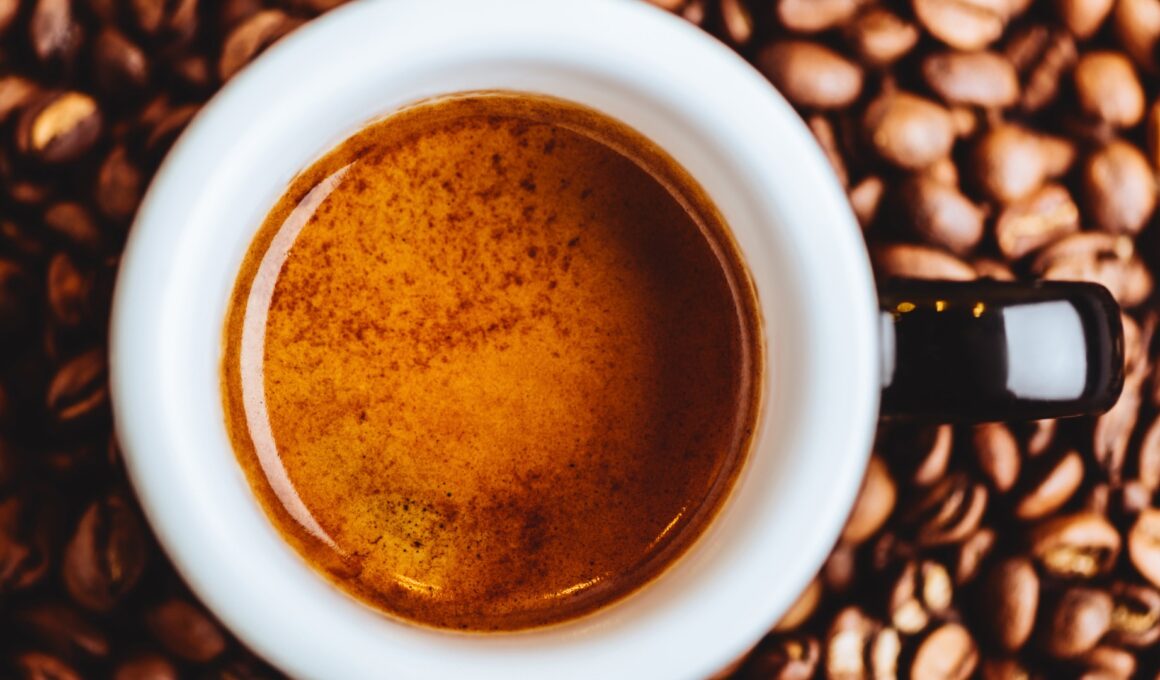Do you suffer for panic attacks? Then one of the very best things you can do to address this issue and to start suffering less is to cut the caffeine out of your diet and routine. Here we will look at why caffeine and panic attacks are intimately linked and at why removing that morning coffee might just be the best decision you ever made.
What Are Panic Attacks?
Panic attacks are essentially just examples of the fight or flight response – the acute stress response – getting out of control.
When we are presented with a stressful situation, our body responds by preparing for a fight, or to run away. To do this it increases our blood pressure and heart rate, contracts the muscles and makes us more switched on and alert. All of this is triggered via the release of specific hormones and neurotransmitters that act as signalers.
In a panic attack, the patient will often end up focusing on these symptoms and thus exacerbating them. What’s more, they will often mistake the symptoms for signs of an impending heart attack or some other serious health problem and this causes the symptoms to actually get worse. If you are already stressed, wondering if you’re having a heart attack will only make matters much worse. Eventually, the sufferer can work themselves into a frenzy resulting in hyperventilation and dizziness.
What Does Caffeine Do to You?
When we look at what caffeine and panic attacks do to the body it’s easy to see parallels. Caffeine and panic attacks both raise the heart rate for instance, as well as raising tension and blood pressure through vasoconstriction (the narrowing of the veins and arteries).
To understand why caffeine and panic attacks are so similar, it can be helpful to consider the way that caffeine acts on the body. The main role of caffeine in the brain is to mimic a neurotransmitter called ‘adenosine’. This neurotransmitter is essentially waste – a byproduct of the brains energy processes – which accumulates throughout the day. Adenosine ends up being taken up by the brain’s A1 receptors and over time this then results in the brain becoming groggy and tired. By the end of the day this leaves us functioning at an impaired rate and we end up going to sleep and then waking up in the morning with all that adenosine freshly flushed out our systems (assuming we had enough sleep that is).
Caffeine looks to the brain very much like adenosine however and as such, it can end up blocking the adenosine receptors. This then means that adenosine becomes inert and as such we feel awake and refreshed. This where the similarities between caffeine and panic attacks begin to come in.
To the brain you see, the fact that the brain is so alert and is firing more on all cylinders, is interpreted as meaning that something important is happening. Normally our brain only fires up to a large extent when we think that something that we really need to pay attention to is happening.
And what do we often need to pay attention to? Things that are dangerous and scary. As a result, the brain then increases the release of dopamine to help us focus and then adrenaline and norepinephrine to help us deal with whatever is going on. This is why caffeine then begins to increase the heart rate and constrict the blood vessels.
Ultimately, all this means that tea and coffee essentially act a little like ‘stress in a cup’. They wake us up but they also stress us out leaving us wired.
Indirect Relationships Between Caffeine and Panic Attacks
There are other more indirect connections between these two phenomena too though. For instance, when you drink caffeine, you will find it harder to sleep and this can then leave you feeling low on energy and understandably stressed the next day. At the same time, caffeine can result in withdrawal symptoms that make us feel groggy and even unwell in the mornings until we get that first ‘hit’. The body is no longer recovering properly and is instead operating purely on an artificial kind of fuel.
Furthermore, drinking caffeine means that all subsequent stressors we encounter during the day are going to seem worse. Most of us are stressed out and constantly pushed to the brink in our workplaces but we make it that much worse by essentially starting the day with a mug of stress!
How to Get Out of the Habit
Understanding the connection between caffeine and panic attacks, you are probably seeing why you need to avoid drinking caffeine if you’re someone who commonly suffers with them.
Simply removing your morning coffee will reduce your heart rate and your muscle tension and everything will be a little easier to cope with.
To do this, you should avoid going ‘cold turkey’ as this can cause headaches lasting days or even weeks. Instead, try to gradually reduce the amount of coffee or tea you’re drinking and certainly prevent yourself from drinking it after a certain time in the evenings.
You might also choose to try switching to another hot beverage. A good option is to drink green tea. Green tea will often still contain caffeine but it also contains l-theanine which is naturally relaxing for the body. When you combine these two substances, the result is a much ‘smoother’ and much ‘calmer’ feeling of alertness and focus.




